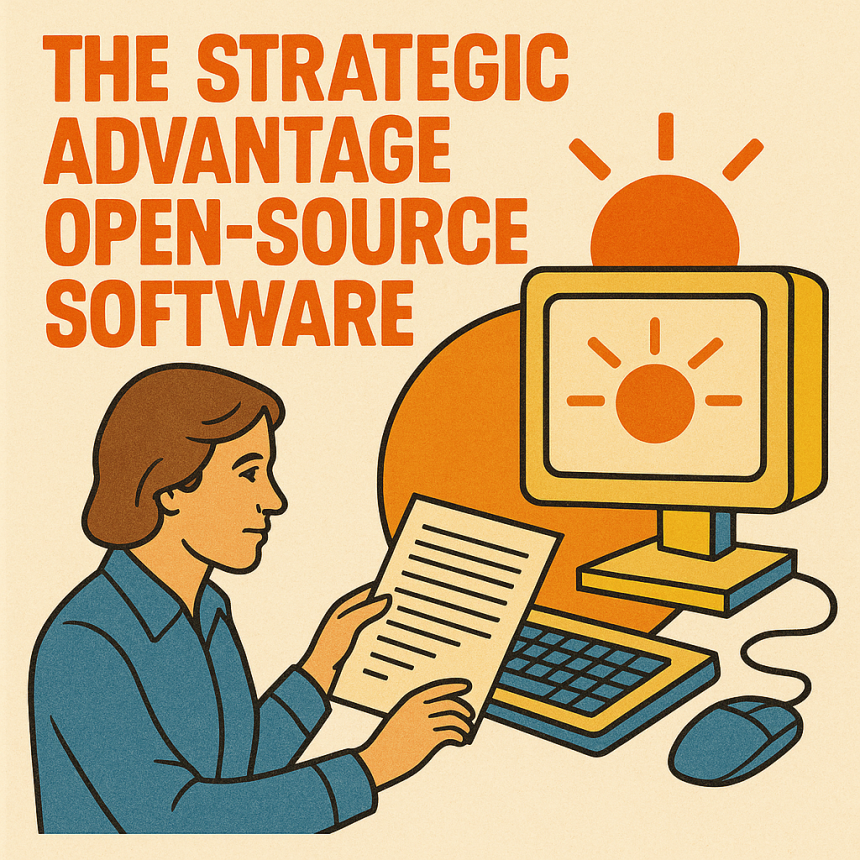
The Power of Open-Source Software for Business
In a digital economy where innovation, speed, and adaptability define competitive success, open-source software offers a compelling strategic advantage for modern businesses. Once viewed primarily as a budget-friendly alternative to proprietary systems, open-source has matured into a mainstream, enterprise-grade approach to IT infrastructure and application development. Today, leading companies across industries are embracing open-source not just for its cost benefits, but for its ability to drive agility, innovation, and competitive differentiation.
At its core, open-source software is built on transparency. The source code is freely available, which allows companies to inspect, adapt, and extend the software to meet their specific needs. This is a stark contrast to proprietary software, where functionality is limited to what the vendor provides—and change cycles are controlled externally. For businesses that demand tailored solutions or operate in rapidly evolving environments, open-source offers unparalleled flexibility.
One of the most significant strengths of open-source is the speed of development and iteration it enables. Businesses can build on existing frameworks rather than starting from scratch, significantly reducing time-to-market for new tools or services. Coupled with a global community of contributors, open-source projects often evolve faster and more securely than closed systems. Bugs are identified and patched quickly, and the continuous innovation within open ecosystems keeps companies on the cutting edge.
Open-source also aligns closely with modern DevOps and cloud-native strategies. Many of today’s most powerful technologies—such as Kubernetes, Linux, and PostgreSQL—are open-source. Companies that integrate these tools gain access to high-performance, scalable infrastructure without the constraints of licensing fees or vendor lock-in. This not only reduces costs but also strengthens strategic autonomy over critical systems.
Perhaps most importantly, open-source fosters a culture of innovation. When businesses actively participate in open-source communities—either by using or contributing to code—they tap into a collaborative environment that promotes experimentation and problem-solving. This cultural alignment with innovation makes open-source especially powerful for companies seeking to differentiate through technology.
Moreover, open-source tools often have lower total cost of ownership. While they may require internal technical expertise to deploy and manage, the absence of licensing fees and the ability to avoid overbuilt commercial solutions can lead to significant long-term savings—especially for organizations building custom applications.
In conclusion, open-source is not merely a cost-saving tactic—it is a strategic lever. By embracing open-source software, businesses gain flexibility, speed, community-driven innovation, and control. In a world where the ability to adapt and build quickly is often the difference between leading and lagging, open-source software delivers a sustainable and scalable competitive advantage.
